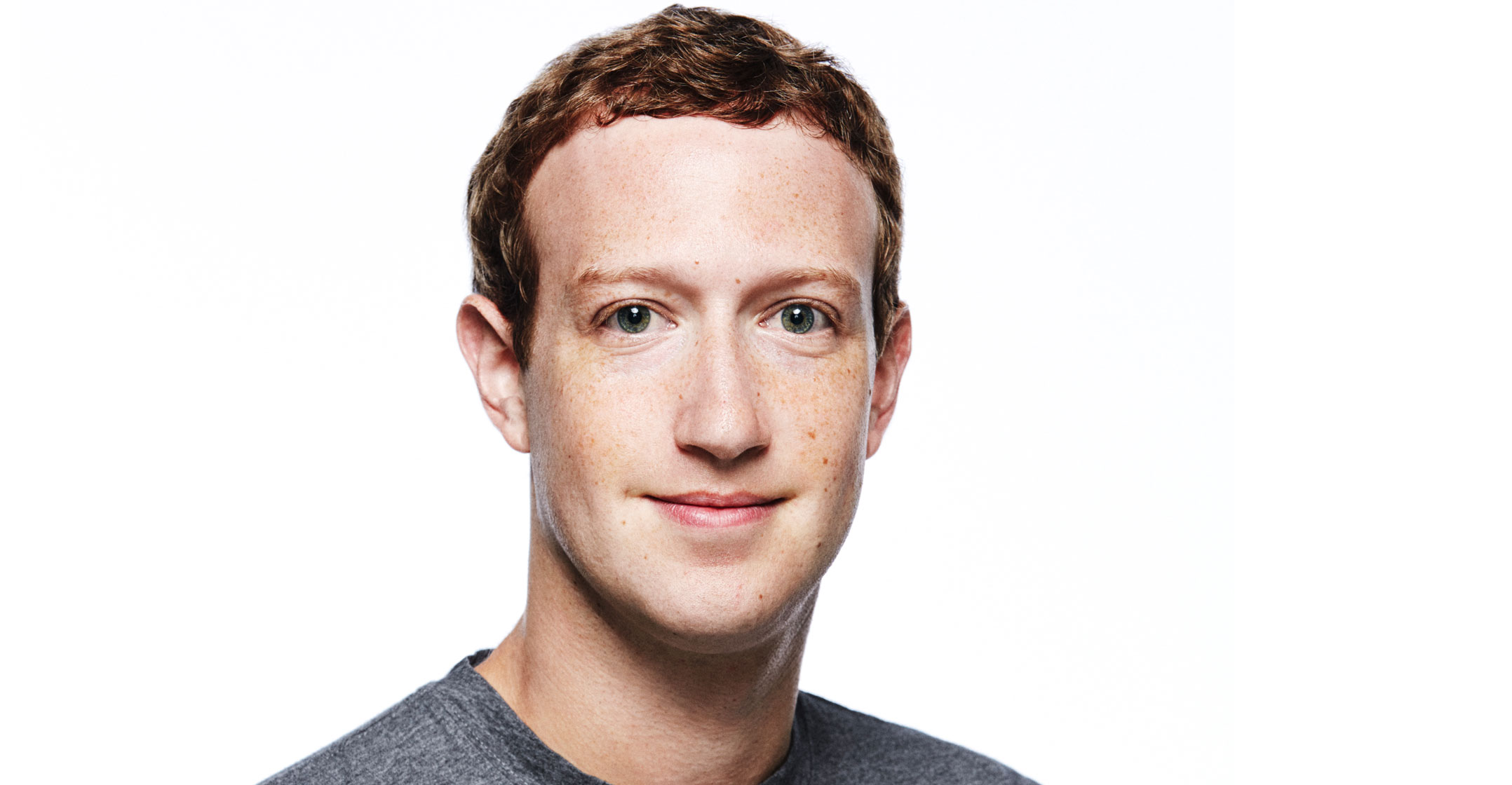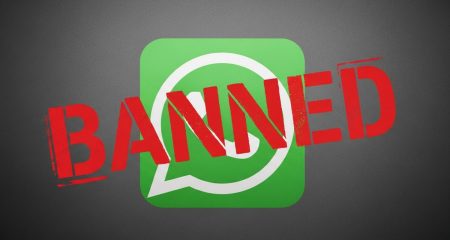
Facebook will soon be hit by federal and state antitrust lawsuits accusing the social media giant of abusing its dominance and thwarting competition, according to three people familiar with the matter.
Lawsuits are expected as soon as this week from the Republican-led Federal Trade Commission and a group of state attorneys-general led by New York’s Letitia James, a Democrat, according to the people, who described the plans under condition of anonymity.
The complaints will mark the second time in less than two months that the US and state officials have levelled monopoly charges against a US technology giant. Combined with the justice department’s October complaint against Google, the lawsuits mark the most significant monopoly cases filed in the US in 20 years.
For Facebook, the lawsuits will represent the biggest regulatory attack in the company’s history, potentially imperilling its ownership of Instagram and WhatsApp. The cases culminate investigations into Facebook that began last year, part of a wave of antitrust scrutiny directed at US tech firms that promises to carry over into the Biden administration.
Facebook became a prime target for US President Donald Trump in the last two months of his administration. Last week, he threatened to veto the annual US defence authorisation bill unless congress added a rider to abolish the law that protects technology companies, including Facebook, from liability over most content posted by users. The demand followed months of attacks by Trump and other Republicans, who claim the technology platforms suppress conservative views.
New lawsuits
In addition to the Facebook case, states are planning new lawsuits against Google in the coming weeks, according to two people familiar with the matter. Texas attorney-general Ken Paxton is targeting Google’s advertising business, while another group that includes Colorado, Iowa and New York has been investigating the company’s search monopoly, the subject of the justice department’s complaint.
It will be up to Biden’s justice department to carry the Google case forward, while the Facebook case will fall to whomever Biden picks as FTC chairman if Joe Simons, who was appointed by Trump, leaves the agency.
The cases reflect how public sentiment has turned on companies that have gone from scrappy start-ups to digital behemoths, said Rebecca Haw Allensworth, who teaches antitrust law at Vanderbilt University.

“We like the underdogs and the upstarts and competition, and when those companies were the underdogs and shaking things up they were a lot more popular,” she said. “Now they look like the big barons of industry that created the political will that led to the first antitrust laws.”
New York’s James said in an interview on Bloomberg TV on Thursday that the states could combine their case with the FTC’s. The states’ investigation of Google, which initially included nearly every state, eventually fractured along partisan lines.
“I am confident that it will be a bipartisan matter as we move forward,” she said in response to a question about the states’ Facebook inquiry. “And in the event that we do file, we look forward to the possibility of consolidating with the FTC.”
No final decisions have been made and the filings could be delayed. The FTC declined to comment. James declined to discuss further details of the states’ Facebook probe.
The FTC case has focused in part on the company’s 2012 acquisition of Instagram and its 2014 purchase of WhatsApp — and whether they were intended to choke off competition.
That was among the findings of a 16-month US house investigation of Facebook and other tech giants. The house report, released in October, accused Facebook of buying smaller companies that it viewed as competitive threats in order to protect and expand its dominant market position. Since its founding in 2004, Facebook has acquired at least 63 companies, according to the report.
‘Crush them’
The report cited internal documents showing that once Facebook identified competitive threats, “it attempted to buy or crush them by cloning their product features” or blocking them from connecting to the company’s platform.
“Facebook took these steps to harm competitors and insulate Facebook from competition, not just to grow or offer better products and services,” it said.
According to the report, Facebook CEO Mark Zuckerberg said in a message to a colleague that “Instagram can hurt us meaningfully without becoming a huge business”. When Facebook’s chief financial officer asked if the goal of buying Instagram was to “neutralise a potential competitor”, Zuckerberg responded that that was a motivation for the deal.
 Facebook has long denied it’s a threat to competition. Zuckerberg told congress in July that the company faces intense competition around the world and is constantly innovating to develop products users will like and to avoid falling behind.
Facebook has long denied it’s a threat to competition. Zuckerberg told congress in July that the company faces intense competition around the world and is constantly innovating to develop products users will like and to avoid falling behind.
Instagram’s success was far from guaranteed, he told lawmakers. It was Facebook’s investments in the company that made it successful.
“With hindsight it probably looks like obvious that Instagram would have reached the scale that it has today, but at the time it was far from obvious,” he told representative Jerrold Nadler, the New York Democrat who chairs the judiciary committee, which oversaw the panel’s antitrust report. “This has been an American success story.”
The Facebook complaint is the most significant antitrust action under the FTC’s Simons, who has led the agency since 2018. Last year, Simons reached a US$5-billion settlement against Facebook for privacy infractions, an agreement that was widely criticised by privacy advocates, Democratic lawmakers and the agency’s two Democratic commissioners for not requiring changes in the way Facebook operates. — Reported by David McLaughlin and Ben Brody, (c) 2020 Bloomberg LP




